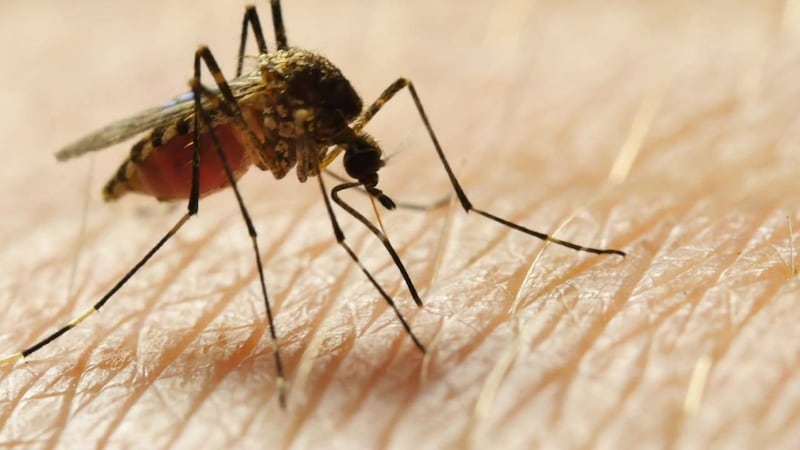State begins monitoring for mosquito-borne diseases

NEW HAVEN, CT (WFSB) - State scientists said they have started their annual campaign to monitor for mosquito-borne viral diseases.
The Connecticut Mosquito Management Program at the Connecticut Agricultural Experiment Station looks for the presence of viruses such as West Nile virus and eastern equine encephalitis.
The mosquito trapping and testing program officially got underway on Monday and was slated to run through October.
“The mosquito season has begun,” said Dr. Philip Armstrong, chief scientist at CAES. “We will be trapping and testing mosquitoes from 108 locations throughout Connecticut to monitor the risk of mosquito-borne disease.”
Last season, West Nile was detected in 309 mosquito samples from 44 towns in seven state counties. The majority of the activity happened in urban and suburban regions in Fairfield, Hartford, and New Haven counties. Thirteen human cases of West Nile-associated illness were reported with dates of onset from July 30 to Sept. 15.
The CAES said the virus occurs every summer in the northeast and has become the main cause of mosquito-borne illness in the region since it was first introduced into the New York City area in 1999.
“Typically, West Nile virus activity peaks from July-September with highest levels of activity in urban and suburban communities in the state,” Armstrong said.
EEE virus was detected from 72 mosquito samples from 16 towns in Fairfield, Middlesex, New London, and Windham counties during 2024. Veterinary cases of EEE were reported from one horse, a white-tailed deer, and two wild birds. There were no human cases reported in Connecticut, but cases were reported from nearby states including all of the New England states, New York, and New Jersey.
The CAES said EEE is a rare but serious illness in humans with four to eight cases reported in a typical year in the U.S. The last major outbreak in the U.S. occurred in 2019 when the number of confirmed human cases rose to 38, with four cases, three of them deadly, in Connecticut.
“Seasonal transmission of EEE virus occurs more sporadically with focal areas located in rural areas of eastern Connecticut,” Armstrong said.
The CAES encouraged people to take precautionary measures against mosquito bites by covering bare skin and wearing mosquito repellent, especially during dusk and dawn when mosquitoes are most active.
Copyright 2025 WFSB. All rights reserved.



![[Insert Caption Here]](https://gray-wfsb-prod.gtv-cdn.com/resizer/v2/2P3UXIJVRND6BIIWX5AVOUQJ7Q.jpeg?auth=875b12d787fa4b52df151a949f9c765dc5e0ff09d3ed33a44532aab78e1a032b&width=800&height=450&smart=true)










